What sports leaders need to know about the Sports Safeguarding Culture Programme
Published Friday, 03 May 2024.
First human rights challenge before Swiss Federal Tribunal after Semenya decision: Reiterates narrow scope of right of appeal
Published Thursday, 14 March 2024.
Will England & Wales’ new independent Cricket Regulator help improve the integrity of the game?
Published Friday, 09 February 2024.
Introducing the SSI Strategic Plan 2024-2026
We are thrilled to share a momentous occasion with you – the official launch of the SSI Strategic Plan 2024-2026, aptly titled “Everyone, Everywhere Safe in Sport.”
Created by volunteers, partners, stakeholders, trustees, and informed by the SSI2023 Global Safe Sport Conference, this plan is a resounding call to action and a demonstration of our shared commitment to a safer and more inclusive world of sports.
Anne Tiivas, Chair of Safe Sport International:
“I am proud to launch this 2024-26 Strategic Plan. As a global network of experts we call for change in sport systems around the world and greater collaboration between sport stakeholders, public authorities, and civil society organisations to increase safeguarding capacity and provide context specific approaches to safeguarding. Please join with us to help make ‘everyone, everywhere safe in sport’ a reality.”
Key Highlights of the SSI Strategic Plan 2024-2026:
Building upon our rich history and the collective efforts of our global community, we want to see:
- Athlete voices embedded within sports organisations to drive trauma-informed, safe and positive experiences for all ages and abilities.
- High-quality research and evidence informing policy, practice, education and training in the field.
- Inclusion, collaboration and partnerships in safe sport leading to greater cultural awareness, understanding, and systemic change.
Our strategic priorities:
- Driving international standards in safe sport that provide safe sport principles and clear safeguarding guidelines for all.
- Facilitating global networks and conferences in safe sport and opportunities for sharing experiences, learning, and research.
- Developing skilled and supported people in safeguarding through accessible education and consultancy.
We invite you to explore the full details of the SSI Strategic Plan on our website https://www.safesportinternational.com/about-us/.
Thank you for being a part of this exciting journey towards creating a safer and more secure environment for everyone involved in sports. Please support our work as a partner or through a donation.
Together, we possess the power to drive change, foster innovation, and leave a positive legacy for generations of athletes.
Neal Anderson
COO, Safe Sport International
A guide to India’s key sports law issues in 2023/24
Published Monday, 08 January 2024.
AFC reinforces commitment to upholding highest governance standards
The Asian Football Confederation (AFC)’s efforts in safeguarding the principles of good governance were further strengthened at the AFC Legal Workshop, which concluded on Tuesday at the AFC House in Kuala Lumpur, Malaysia.
An informative and stimulating two-day event for the AFC Legal Committee members and the members of the Confederation’s judicial bodies, the workshop featured distinguished speakers from FIFA and UEFA, as well as leading private practice lawyers and members of the AFC Legal Department.
Kicking racism to the curb: La Liga’s challenges and initiatives in the fight against discrimination
Published Monday, 06 November 2023.
Beyond the policy: Creating a culture of safeguarding in sport in UK
Published Friday, 27 October 2023.
Adjudicatory chamber of the independent Ethics Committee suspends former youth coach for 20 years for sexual abuse
The adjudicatory chamber of the independent Ethics Committee has banned Mr Jonathan Bukabakwa, former youth coach at clubs of the Urban Football Agreement of the regions of Lipopo and Malebo in Congo DR, from all football-related activities for 20 years, after having found him guilty of sexually abusing a minor football player. In addition, the adjudicatory chamber imposed a fine amounting to CHF 100,000 on Mr Bukabakwa.
This case arose following serious allegations related to the sexual abuse of minors in the Congo DR Football Association (FECOFA) that were made on several media platforms. In particular, various football coaches of different regions and leagues in Congo DR were accused of having abused minor players, leading to Mr Bukabakwa being provisionally suspended for a period of five months earlier this year.
In deciding this case, the adjudicatory chamber took into account the evidence collected during the investigations and was comfortably satisfied that Mr Bukabakwa had breached article 24 (Protection of physical and mental integrity) of the Code of Ethics. The terms of the decision were notified to Mr Bukabakwa today, the date on which the ban comes into force, and will be followed by the notification of the grounds within the next 60 days in accordance with the FIFA Code of Ethics.
The decision taken by the adjudicatory chamber is in line with FIFA’s zero tolerance approach to all forms of abuse in football. World football’s governing body has regularly updated its regulatory framework in recent years to provide greater protection to victims of discrimination and sexual abuse or harassment.
FIFA also provides a confidential, dedicated, highly secure and web-based whistleblowing system so that individuals can report any safeguarding concerns.
Could this be one of the most significant actions by a group of players? The Rubiales - Spanish Women’s World Cup case
Published Wednesday, 04 October 2023.
Melbourne Knights sanctioned for Australia Cup Quarter Final fan behaviour
Football Australia has today sanctioned Melbourne Knights FC (the Club) under the National Code of Conduct and Ethics (the Code).
The determination relates to conduct that occurred at or in relation to the Club’s Australia Cup 2023 Quarter Final against Heidelberg United FC on Thursday, 14 September 2023 (the Match).
The Club were issued with a show cause notice and provided an opportunity to respond with respect to both the alleged infringements and, if applicable, the appropriate sanction.
Based on the material available, including, but not limited to, a range of relevant matters, including the Club’s submissions, reports from various stakeholders, the nature and seriousness of the matter, the need to deter such conduct in the future and the interests of Football Australia, the Australia Cup, and the football community more broadly.
After considering these matters, the Club has been issued with a $5,000 fine, with 50% of this fine suspended for the next three (3) iterations of the Australia Cup and will be triggered in the event that it is determined that the Club has breached the Code, with such a breach including at least conduct any of the following, being any conduct related to flares or incendiary devices, damage to property in relation to a match or the competition, or throwing of projectiles onto the field of play.
The Club has been advised that Football Australia is continuing investigations into several further matters that were identified in the initial show cause notice. Football Australia has reserved its rights in respect of these matters pending the outcome of such investigation.
In accordance with the Code the Club has seven (7) business days from the date of receipt of the determination notice notify Football Australia of its intention to appeal the sanction.
The Online Safety Bill: Calling full time on online abuse in sport?
Published Wednesday, 20 September 2023.
World Rugby to protect officials and players from online abuse during Rugby World Cup 2023
- World Rugby is partnering with Signify Group to protect its online community and take action against hate speech and abuse
- Core wellbeing service will operate across all match officials and teams at Rugby World Cup 2023
- World Rugby sending a clear zero-tolerance statement that online abuse will be monitored and action taken where necessary
- Wellbeing of participants a priority for World Rugby and its national unions
World Rugby has today announced that it will implement transformative measures to protect all match day officials and team squad players from online abuse during Rugby World Cup France 2023.
The move underpins World Rugby's wider commitment to promote and protect the sport’s values and Rugby World Cup 2023’s mantra as the sport’s greatest celebration of togetherness, driving positive change.
World Rugby is partnering with data science company Signify Group who will use its AI-driven Threat Matrix service to put an online protective shield around all tournament match officials, players and coaches. The service will include:
- Proactive real-time monitoring from open-source data on key platforms including X [formerly Twitter] and Instagram across the tournament
- Coverage in over 30 languages including images and emojis
- Daily reporting of abusive content and accounts to platforms to ensure appropriate action is taken
- Expedite abusive content take-down/sanctioning of account holders - where platform community guidelines are evidenced to have been broken
- Provide evidence to national associations to ban individuals from domestic and international rugby events
- Most egregious cases have the potential to be reported to relevant law enforcement agencies and an ability to unmask the worst abusers who hide behind ‘fake’ accounts.
World Rugby Chief Executive Alan Gilpin said: “Rugby is a sport for everyone and we take our responsibility very seriously to make the sport as inclusive, accessible and relevant as possible. This includes sending a strong message that online hate simply will not be tolerated, tackling abuse and harmful content with meaningful action."
World Rugby Chief Communications Officer Dominic Rumbles added: “Doing everything we can to set a good example and protect players and match officials is important to World Rugby and our unions, and extending that welfare to the arena of social media is both logical and timely.
"Abuse, on or off the field, has no place in our game and today's announcement shows just how focused we are in tackling online hate aimed at the rugby family – working in partnership with proven experts Signify. This development also reflects our wider tournament goals to drive positive change and celebrate togetherness and unity; all part of a wider journey that World Rugby is very much focused on delivering.”
Jonathan Hirshler, CEO of Signify Group, said: “We are delighted to be working with World Rugby to help create a safer online space to ensure officials and players can be 100 per cent focused on their on-field responsibilities, and not be distracted and potentially harmed by vile online abuse. More and more sporting bodies are starting to take this issue seriously and it is great to be working with World Rugby where welfare is so core to its philosophy, in a sport built on respect, to drive positive change.”
Resources To Help Safeguard Sport
Sport Integrity Australia is committed to Australian sport environments that are safe, supportive and friendly for children and young people.
It is essential everyone involved with delivering sport in Australia – Boards, committees, administrators, volunteers, coaches, parents or participants – understand the important legal and governance responsibilities they have in relation to child safety.
It’s also important that young people understand what a safe environment is, their rights and where they can go for help.
Sport Integrity Australia has developed specific safeguarding resources for clubs and sporting organisations at all levels of the sport, for parents and carers and for young people and children (aged 7-12 and 13-17).
Knowing our rights and obligations is the first step in ensuring that participation in sport is safe, supportive and friendly for all.
Our resources can be found at: Resources | Sport Integrity Australia.
GNK Dinamo to play UEFA club competition matches without away fans during 2023/24 season
Following the extremely serious incidents which occurred ahead of the postponed UEFA Champions League third qualifying round match between AEK Athens and GNK Dinamo Zagreb initially scheduled for 9 August 2023, in Athens, and which resulted in the death of a Greek national, UEFA has decided that fans of GNK Dinamo will not be allowed to attend any away matches as a minimum for the remainder of the 2023/24 season of UEFA club competitions.
Following an assessment made by UEFA, all matches involving visiting GNK Dinamo supporters are considered to be high risk and this was unfortunately confirmed by the extreme gravity of incidents due to the presence in Athens of GNK Dinamo supporters, in spite of the decision not to provide them with tickets for the match in question. It was also highlighted in the report containing information on the incidents provided by the Greek authorities to UEFA.
GNK Dinamo are furthermore requested, in conjunction with the relevant political, public security and football authorities in Croatia, to devise and implement a strategy to eradicate football related violence associated with their club. UEFA expects to receive a report in due course from the club, with detail of the action plan drawn up to address this significant problem.
While GNK Dinamo and their respective opponents must do their utmost to prevent GNK Dinamo supporters from travelling, visiting teams travelling to Croatia may continue to receive their full allocation of tickets and GNK Dinamo and the relevant public authorities must take the necessary measures to ensure the safety of visiting supporters.
UEFA will inform directly the competent authorities of the host countries/cities of this measure.
Safe Sport Day: UCI Safeguarding Policy and Toolkit for a safer cycling environment
IOC marks Safe Sport Day with two new athlete safeguarding courses
Safe Sport Day celebrated at Trinbago 2023 Commonwealth Youth Games
Executive Board takes important decisions for the IWF’s future
The time we’ve spent with Singapore Sport has been invaluable
How courts assess negligence in sports injury cases: lessons from rugby, football and horseracing
Published Friday, 07 July 2023.
Yves Jean-Bart v FIFA: Observations from a safeguarding regulation perspective
Published Thursday, 29 June 2023.
New Safeguarding Program puts Members First
FIBA decisions and measures to protect young players in Mali
Top 10 Tips for launching an ‘Independent Review’ in Sport
Published Wednesday, 15 May 2024.
Women’s football in 2024 - A year of growth and overcoming challenges
Published Thursday, 11 April 2024.
Why it’s time for a centralised safeguarding regulator in UK Sport
Published Friday, 09 February 2024.
An analysis of the new CAS Guidelines on examining vulnerable witnesses and testifying parties
Published Wednesday, 24 January 2024.
Division I Council introduces proposals into legislative cycle
During its meeting Wednesday, the Division I Council introduced several proposals into the legislative cycle for potential votes in June.
Among the measures, the council introduced a proposal brought forward by the Strategic Vision and Planning Committee that would remove cannabinoids from the list of substances included in drug testing at NCAA championships. The proposal follows a recommendation from the Committee on Competitive Safeguards and Medical Aspects of Sports, which hosted a 2022 summit — including doctors, substance misuse experts and representatives from NCAA schools — that focused on cannabinoids in college athletics.
"Cannabis is not a performance-enhancing drug, and we determined that the drug testing conducted at NCAA championships should focus on substances that impact competitive outcomes," said Pat Chun, athletics director at Washington State and chair of the Strategic Vision and Planning Committee. "To be clear, this does not mean that NCAA members condone or promote use of cannabinoids. However, rather than focus on testing and subsequently penalizing student-athletes who use cannabis, NCAA efforts should focus on a harm reduction strategy, similar to substances like alcohol."
If adopted in June, the proposal would apply retroactively to any penalty associated with a previous positive test.
Additional proposals introduced for a vote in June would:
- Permit noncoaching, sport-specific staff members in sports other than football and men's and women's basketball to assist in drills and other limited activities during practices.
- Eliminate questionnaires sent to prospects prior to the first allowable date for recruiting communications.
Football recruiting rules
The council also heard an update from the Football Bowl Subdivision and Football Championship Division Oversight Committees, which voted to limit the number of official visits a school can provide to prospects to 70 each year, including eliminating exceptions for head coach changes and unused visits. The FBS Oversight Committee also voted to limit photo shoots for prospects and those accompanying them during unofficial visits.
Because the council took no action on these decisions by the oversight committees, the rules are adopted. The prohibition on photo shoots in bowl subdivision football will take effect March 1, and the limit of 70 official visits will take effect April 1.
How football clubs should approach risk management when faced with sexual misconduct & assault allegations
Published Thursday, 30 November 2023.
NFL announces crowd-sourced challenge to further improve safety, consistency of playing surfaces
The NFL today announced the HealthTECH Challenge I, a crowd-sourced challenge to accelerate innovations that can help make playing surfaces more consistent and safer for players.
Held in partnership with Football Research, Inc. (FRI) and Duke Biomedical Engineering (Duke BME), the Challenge invites submissions that address several possible elements of natural and synthetic playing surface safety. These include:
- New or improved field maintenance techniques.
- Equipment that reduces variability across the surface and/or over time.
- Methodologies to prolong the viability of natural grass surfaces in NFL stadiums.
- Topical treatments for synthetic surfaces that improve traction for players.
- Equipment to protect playing surfaces during non-sporting events.
- Field usage monitoring technologies.
HealthTECH Challenge I will provide up to $100,000 to entrants with ideas that further improve the safety and consistency of playing surfaces. The individuals or groups who submit projects that are selected for funding will have the opportunity to work with an expert support team to further develop their concept and plan for creating a finished product.
In addition to companies that currently specialize in playing surfaces, the Challenge is open to submissions from companies and new ventures from outside the surface industry, including representatives of academic institutions, design houses and other entities that specialize in engineering, advanced manufacturing and material science.
Timeline for Challenge:
- Nov. 16, 2023 to Feb. 20, 2024: Submission window open. Applications can be submitted here (more details are available in the official rules).
- March-April 2024: Review by Duke BME and a panel of expert judges established jointly by Duke BME and FRI.
- April 2024: Deadline for a selection of finalists and oral presentations on the submissions.
- May 2024: Final selection.
- May 2024-May 2025: Funding period.
The full request for applications is available for review here.
"Our goal for this challenge is to generate fresh and creative ideas to complement our ongoing efforts to create the best possible playing surfaces for NFL players that is consistent and safe," said Jennifer Langton, senior vice president of health and safety innovation at the NFL. "Crowd-sourced challenges like this one are a unique opportunity to tap into a wide range of expertise and make the game safer for players on the field."
"With a topic as complex as playing surfaces in the NFL, we believe this unique challenge will breed innovation and present new perspectives and solutions towards the improvement of playing surfaces across our league and throughout sports," said Nick Pappas, field director for the NFL.
HealthTECH Challenge I is part of the HealthTECH Challenges (previously known as the HeadHealthTECH Challenges), a series of innovation challenges intended to deepen understanding of and advance solutions in the areas of head protection, lower extremity protection, materials science and kinematic measurement, among others.
23 African Safeguarding Officers graduate at the FIFA Safeguarding Summit
CAF and 23 Safeguarding officers from a number of African Member Associations attended the successful first edition of the FIFA Safeguarding Summit held at the FIFA Headquarters in Zurich, Switzerland where Africa.
The two-day summit took place between 25 – 26 October and also coincided with a graduation ceremony which saw all 23 of CAF’s Member Associations’ Safeguarding Officers graduating from the FIFA Safeguarding Sport Diploma – a 24-month programme designed to equip participants with the necessary skills and knowledge of safeguarding in football.
Since 2020, CAF has been on an extensive drive across the continent, conducting workshops with its 54 Member Associations to adequately capacitate its members in implementing CAF’s Safeguarding principles. This includes the appointment of CAF Safeguarding Officers in each of its Member Associations, coupled with regular engagement and workshops in ensuring that effective safeguarding measures are put in place.
The 23 nations that were present at the ceremony include Benin, Burundi, Botswana, Cameroon, Comoros, Djibouti, Egypt, Gabon, Gambia, Guinee, Eswatini, Kenya, Lesotho, Malawi, Mozambique, Namibia, Nigeria, Uganda, Rwanda, Seychelles, Somalia, Tunisia, Zambia.
Congratulating the 23 African representatives who completed the course, CAF Director of Member Associations, Sarah Mukuna said this was an important step in the right direction of safeguarding football development and Africa was not being left behind.
“The significant rise of African football must be supported by such programmes, where we as the governing body of African football ensure that football is played, developed and enjoyed in a safe and secure environment. We look forward to seeing the continuous rollout of CAF’s Safeguarding measures and to ensure that players develop and enjoy playing football in a safe and secure environment” concluded Mukuna.
CAF’s Safeguarding Division’s primary mission is to champion the well-being of all individuals within the game including children, youth, women, and vulnerable adults by creating a safe environment that is free from harm, abuse, and exploitation, and constantly treated with respect and dignity.
Over the next few months, CAF will be working closely with the 23 graduates as well as other safeguarding officers in the Zonal Unions and Member Associations in ensuring that:
- CAF Safeguarding measures are effectively put in place at local, zonal and continental levels.
- Develop CAF Safeguarding policies and a toolkit to guide Member Associations in establishing their own safeguarding protocols.
- Create reporting mechanisms for addressing safeguarding concerns.
- Integrate safeguarding principles into coaching education programs across all coaching licenses (D, C, B, A, and PRO).
- Establishing partnerships and collaborative initiatives with sponsors and international organizations, utilizing training programs and social media platforms to raise awareness and address a wide range of relevant topics.
- Collaborate with football legends to inspire and mentor younger generations.
Caster Semenya's victory at the ECHR: A landmark case for athletes' human rights
Published Friday, 27 October 2023.
Establishment of regional safeguarding hubs in Southern Africa and the Pacific Islands approved by IOC EB, groundwork laid for European safeguarding hub
The new regional hubs will act as central coordination points, and will provide athletes with independent guidance, and help them access psychosocial support, legal aid and any other assistance that they may need. This will be delivered through existing services, available locally, in the athletes’ own language and with an understanding of their culture and local context.
In response to the request by Olympic Movement stakeholders and International Federations (IFs) in particular for the IOC to take the lead in addressing the critical challenges related to safeguarding in sport at local level, the IOC created a dedicated Safeguarding Working Group in March this year. Chaired by EB member and Deputy Chair of the IOC’s Gender Equality, Diversity and Inclusion Commission HRH Prince Feisal Al Hussein, the working group’s remit is to consider the best approach to establishing independent safeguarding systems and structures at national level, which will ensure that resources are directed to where they are most needed to support athletes and build safeguarding capacity in sports organisations.
United by an International Safe Sport Framework
The establishment of the pilot hubs will be overseen by an International Safe Sport Task Force, which will include representatives from sport, intergovernmental organisations and civil society. The IOC EB today approved the creation of the International Safe Sport Task Force, and also gave its green light for the drafting of an International Safe Sport Framework.
This will draw on existing international standards, and will set out the complementary but differentiated roles of states and sports bodies. It will be endorsed by the Olympic Movement.
A comprehensive expert assessment will also be conducted to determine additional measures that may be needed to strengthen national legal and policy frameworks and cooperation between states, to reinforce their essential role in preventing and responding to harassment and abuse.
Taking the lead on providing local solutions
Today’s decision follows the announcement made by IOC President Thomas Bach in March this year of the establishment of a USD 10M fund per Olympiad to strengthen safe sport locally.
“With this initiative we are following up on the request of the Olympic Movement stakeholders to take the lead and to develop an approach which works locally. Over the past few months, we discussed how we can bridge the gap between the work being done internationally and locally to safeguard athletes,” explained HRH Prince Feisal al Hussein, Chair of the IOC Safeguarding Working Group.
“With the establishment of pilot regional safeguarding hubs in Southern Africa and the Pacific Islands, we are taking a bottom-up approach - critical in this field. We provide standardised principles that can be adapted on the local level, aligned with the culture and context. By the region, for the region,” he added.
A staggered and collaborative approach
Composed of representatives from IFs, National Olympic Committees (NOCs) and athletes, the Safeguarding Working Group has met six times since its inception. Together, its members have identified what they consider the best approach to strengthen safeguarding in sport at local level, through the establishment of regional safeguarding hubs providing more localised expertise around the world.
The pilot hubs in Southern Africa and the Pacific Islands will build on existing initiatives in the regions, and will have in-depth knowledge and understanding of local safeguarding measures, and the legal landscape and services available, so that they can guide anyone harmed in sport – from grassroots through to elite level – towards trusted services, particularly those designed to support their well-being.
Where there are gaps in the available services, the hubs will seek to mobilise resources and partnerships to address them. The hubs’ primary focus will be on response, in order to ensure that any person who has been harmed in sport has a direct point of contact who can offer immediate assistance and access to local support.
Both hubs will also coordinate a network of fully trained, trauma-informed safeguarding in sport investigators, as well as a network of trained safeguarding officers.
Endorsed by the Olympic Movement, the hubs will represent a collaboration between the world of sport, governments and civil society at regional and international levels.
Collective efforts towards safer sport in the Pacific region
An example of this collaboration was recently seen at the Regional Safeguarding Skills Building Workshop, hosted by the Oceania Sport, Equality and Inclusive Communities Impact Network. This Network is a collective of committed stakeholders who share a common vision of promoting gender equality, inclusion and safety in and through sport in the Pacific region, and has been initiated by the Oceania National Olympic Committees (ONOC), the Australian Government’s “Team Up” sport for development programme, UN Women and the IOC through Olympism365 and Olympic Solidarity.
The three-day workshop led to concrete actions to provide safer and more inclusive access for women and girls to play and be involved with sport throughout the Pacific. Additionally, the workshop served as a vital capacity-strengthening opportunity for Pacific safeguarding focal points in preparation for the Pacific Games in the Solomon Islands later this year, and the Olympic Games Paris 2024, where each participating country has been given an allocation for a safeguarding officer in its delegation.
By working together, these organisations are supporting the development of safeguarding systems and plans in each Pacific nation, bridging the gap between major Games and benefiting the entire sporting ecosystem.
A strong commitment to provide a safe environment to all athletes
The IOC has also delivered several important reports and resources related to Safe Sport, including the IOC Consensus Statement: harassment and abuse (nonaccidental violence) in sport (2016), the IOC Consensus Statement on Mental Health in Elite Athletes (2019), and the IOC Toolkit for IFs and NOCs related to creating and implementing policies and procedures to safeguard athletes from all forms of harassment and abuse in sport.
Established in 2022, the dedicated IOC Safe Sport Unit specialises in safeguarding, and has introduced a range of new programmes and initiatives for the Youth Olympic Games and Olympic Games, as well as broader initiatives beyond Games time that cover education and awareness-raising, such as the IOC Mental Health in Elite Athletes Toolkit. In July 2023, the IOC Safe Sport Unit also launched a comprehensive Mental Health Action Plan.
This expertise will help guide the new regional safeguarding hubs, beginning with Southern Africa and the Pacific Islands, and soon to be followed by Europe.
No Excuse For Sideline Abuse
Whether you’re involved in sport at the elite level or watching a team of enthusiastic five-year-olds bouncing, passing or kicking a ball in the grassroots environment, it’s possible you might have seen poor sideline behaviour in sport at some stage.
Although the vast majority of spectators cheer and support their kids and teams with joy and passion, there are growing instances where verbal and online abuse is directed at players, referees, coaches, support staff, other spectators and even volunteers.
It has an impact not only on the mental health of individuals but on the people around them and is being seen as a continuing threat to the integrity of sport in Australia and overseas.
In September 2022, we published a story in Sport Integrity Matters magazine about “The Ugly Side of Sport” after speaking to a referee, coach, club volunteer, player and journalist to get their perspectives on the toll sideline abuse is taking.
Reflecting on his own career Ben Williams, a retired A-League, Asian Football Confederation and FIFA World Cup referee, said: “Unfortunately many young referees don’t get to experience these phenomenal moments because they’ve left their career early due to abuse.”
“In my career I encountered death threats directed at my wife and my children, which meant they no longer felt safe in their own home. There is definitely no place for this in sport.”
A community sports club president, Neil Harlock, cited a scourge of abuse in his sport which not only impacted the mental health of players but flowed through to club volunteers, the referee base and spectators.
“To hear threats and slurs from the crowd firstly renders as disbelief among the team, clear shock and emotion can be seen, which then affects performances,” he said about the abuse directed at his National Premier League first grade men’s team.
“It then manifests as insecurity as this is essentially their workplace for the time they are on and around the field.
“At the grassroots and amateur level in a very large club essentially run by volunteers, we often feel limited in what we can do from a safety and security point of view. There’s the feeling that there’s a potential and very real danger.”
Discussions between sporting organisations, clubs and government suggest that some sports are becoming increasingly competitive from a younger age with high emotion attached from the spectator base, thus leading to undue pressure being placed on kids which flows through to coaches and officials.
Let Kids Be Kids is a national campaign created by Play by the Rules to help clubs at grassroots level bring policies to life and actively address poor sideline behaviour via posters, toolkits and campaign messaging.
Elaine Heaney, National Manager of Play By The Rules, would much rather kids turn up to practice and had fun playing with their friends than forced into a situation where they are being yelled at or berated for not winning a game or making a call whilst they are still learning the rules and developing their skills.
“Adult sideline spectators often mean well and are enthusiastic about their contributions, because they enjoy being part of the process,” said Elaine, “but sometimes it’s important to stop to think about the impact of their words on the child or young person – and how it feels for a small human to have a large adult raise their voice at them.
“If the child or young person (or even another adult) feels berated or upset by what has been said, is it worth it? It’s not about removing winning or healthy competition from sport but about focusing on the fact that happy, healthy athletes operating in a safe space, often produce much better results, and keep people playing the sports we love.”
From grassroots to elite sport, the problem often grows as the stakes get higher.
Jenna O’Hea, former Australian Opals captain, feels the popularity of betting has added another layer of abuse of athletes with people losing money often blaming the athletes for their financial loss.
“This is where I see it is getting worse and is taking the biggest toll on athletes,” she said.
“As athletes we know that fans are passionate about sport but crossing the line with personal attacks, racism, any type of attack is never OK and just because you’re behind a keyboard, that doesn’t make it any less abusive than a face-to-face attack.”
Each situation and experience with poor sideline behaviour and online abuse in sport is different, with some impacts short-term and others everlasting. Regardless of the magnitude and severity there’s no place for sideline abuse in sport at any level.
In summing up his experiences, community club president Neil Harlock said, “My seven-year-old daughter came to me recently and said ‘Dad, were there any fights at the footy today?’ I was mortified!”
“Our children deserve more than this. Our players, volunteers, young referees, coaches and the families who come to cheer on their teams, all deserve more than this.”
FIFA and UNODC renew Memorandum of Understanding to kick crime out of football
FIFA and the United Nations Office on Drugs and Crime (UNODC) have reinforced their joint-commitment to kicking crime out of football by renewing their Memorandum of Understanding (MoU) on the margins of the United Nations General Assembly.
Signed by FIFA President Gianni Infantino and UNODC Executive Director Ghada Waly while both are in New York alongside the world leaders and influential global figures gathered at the United Nations (UN), the MoU commits both parties to stepping up their efforts to protect the integrity of the game.
Equally, safeguarding forms part of the MoU as it has become a core aspect of the joint-cooperation, and FIFA and UNODC will continue to work to ensure the football environment is protected for children, young adults, and vulnerable athletes, while also developing capacities and raise awareness of tackling corruption and crime in and through football. Additionally, both parties agreed to support the development of a new UNODC global network aimed at enhancing collaboration and coordination between law enforcement anti-corruption authorities and sports organisations.
"Football unites people from all corners of the world – young and old, boys and girls. It can promote healthy lifestyles, provide new opportunities, and inspire millions to achieve their goals both on and off the pitch,” said Ms Waly.
“I am proud that UNODC and FIFA are renewing our commitment to ensure fair play for all and to defend football’s integrity for the millions of fans worldwide, the players, and the next generations still to come. With this new Memorandum of Understanding, we’re striving to put an end to match-fixing, bribery, and corruption, to preserve the game’s beauty for all," stated Ms Waly.
Mr Infantino said: “Through the renewal of this Memorandum of Understanding, I am pleased that UNODC and FIFA have reinforced our joint commitment to kicking crime out of football, and that both organisations remain committed to ensuring fair play and to defending football’s integrity.
“FIFA has already done a lot of good work with the UNODC in making football cleaner and we will continue to work towards giving girls and boys around the world the chance to fulfil their dreams on the pitch.”
The 6th Consensus Statement on Concussion in Sport: What's New?
Published Wednesday, 20 September 2023.
Pilot Sports Help Deliver A Robust Safeguarding Audit Framework
Our Safeguarding in Sport Continuous Improvement Program provides a nationally consistent approach to child safeguarding in sport.
The program was developed by Sport Integrity Australia with the help of some National Sport Organisations who were part of a pilot program over a six-month period.
Sport Integrity Australia Director of Safeguarding Lisa Purves said the purpose of the pilot program was to develop a robust audit framework to support the implementation of the program.
“Sport Integrity Australia recognises the significant work that has been completed by Gymnastics, Rugby and Equestrian since the pilot program concluded,” Ms Purves said. “All three sports have made significant strides in their safeguarding journey.
“Their practical insights and context provided valuable feedback which have shaped the final program design.”
She said key learnings and insights were gathered from the pilot sports.
Critically, the pilot sports identified key resources required for the sector, including the Child Safety Risk Management and Guide, Safeguarding Risk Identification Library and the Third-Party Contractor Guide.
Sport Integrity Australia is currently finalising these child safe risk management tools, which will be made available to all sports towards the end of 2023.
At the conclusion of the pilot program, three sports – Gymnastics Australia, Rugby Australia and Equestrian Australia – have continued to work with Sport Integrity Australia to develop their Recognise Phase Action Plans aimed at maturing their member protection and child safeguarding practices.
Sport Integrity Australia also congratulates the following sports who have since signed up to the program, demonstrating a commitment providing a safe sport environment for their members: AusCycling, Basketball Australia, DanceSport Australia, Disability Sports Australia, Disabled Winter Sports Australia, Netball Australia, Orienteering Australia, Pony Club Australia, Softball Australia, Squash Australia, Surf Life Saving Australia, Swimming Australia, Triathlon Australia and Volleyball Australia.
Integrity Task Force concludes monitoring of FIFA Women’s World Cup 2023™
-
No suspicious betting or match‑manipulation threats identified during the 64 matches
-
Second successive edition of FIFA Women’s World Cup™ to have been monitored
-
Task force composed of members from expert organisations
The FIFA Women’s World Cup Integrity Task Force, which was established to safeguard the competition from match‑manipulation and integrity-related threats, has recently concluded its successful work in monitoring the betting markets and in‑game action in real time during all 64 matches at the FIFA Women’s World Cup Australia and New Zealand 2023™.
At its post-competition meeting held today, the task force concluded that no suspicious betting activities or match‑manipulation threats had been identified around any game that took place during the tournament. This was the second edition of the FIFA Women’s World Cup™ to be monitored by the task force, which was launched ahead of the 2019 finals.
The FIFA Women’s World Cup 2023 Integrity Task Force comprised representatives from the Federal Bureau of Investigation, the United Nations Office on Drugs and Crime, INTERPOL, the Council of Europe’s Group of Copenhagen, United Lotteries for Integrity in Sports, the International Betting Integrity Association, Sportradar, Sport Integrity Australia and the New Zealand Police.
During the competition, FIFA centralised the collection of information from betting monitoring reports based on market activity data from various jurisdictions, including law enforcement entities and physical surveillance at competition venues.
The monitoring of both the betting markets and in-game action in real time during all of the group- and knockout-stage matches through to the final, which was played on 20 August, found no match‑manipulation threats.
The collaborative effort between FIFA and key international stakeholders in the field of sports integrity ensured an experienced, coordinated and timely response – based on information and data – to any alert during the competition, with each participating stakeholder contributing their specific expertise (investigative and/or technical) throughout the tournament.
In parallel, FIFA continues to work with confederations, member associations and other integrity stakeholders in the fight against match manipulation. In line with its core objective to promote the integrity of football, FIFA takes the battle against match manipulation very seriously and any suspicious activities can be reported via its confidential, dedicated, highly secure and web-based whistle-blowing system.
Further details of FIFA’s integrity initiatives are available here.
World Athletics adopts new rules for Athletes' Representatives and Safeguarding
World Athletics will introduce a centralised licensing system for Athletes’ Representatives from 1 September 2023 after the regulatory framework was approved by the World Athletics Council this week.
The new system will set global minimum standards for becoming an Athletes’ Representative (AR) and maintaining a licence to act on behalf of athletes for any competition.
Under the new system, Member Federations (MFs) will not be permitted to regulate World Athletics ARs or charge any fees to them. If MFs wish to implement a framework to regulate ARs, they will only be permitted to regulate matters falling within their national jurisdiction but must meet the minimum standards of the World Athletics framework.
World Athletics President Sebastian Coe said: “We have consulted with ARs and athletes around the current system, examining the practical realities faced by ARs and athletes working within the global athletics market and we believe a centralised system which sets minimum professional standards and provides ongoing professional development will lead to a better outcome for both athletes and agents.”
The new rules will introduce eligibility criteria to become an AR, which will apply equally on a global basis. Individuals who apply will be subject to a vetting and exam process.
The vetting requirements will be similar to those required to become a World Athletics official, but will also include specific requirements related to the duties of an AR. A new World Athletics Athletes’ Representative Panel will conduct the vetting.
The AR exam will contain essential subjects for acting as a sports agent including ethical compliance and safeguarding.
To maintain a licence an AR must pay an annual licence fee (to cover costs incurred by World Athletics), maintain professional indemnity insurance, and complete a minimum amount of continuing professional development.
World Athletics will establish an online portal to facilitate the licensing process and also plans to provide education to athletes on matters such as the meaning of their contracts, appropriate levels of payment/commissions and introductory information for emerging athletes on becoming an elite athlete.
The maximum amount of time that an athlete and AR may enter into an agreement will be two years, which can be extended for one-year periods. Athletes are also allowed to represent themselves.
Safeguarding
The World Athletics Council also approved new Safeguarding Rules to guard against abuse, harassment or exploitation by World Athletics officials or which may occur at a World Athletics Series event or Congress. In exceptional cases, these rules will also apply to MF officials.
These new Rules give World Athletics the power to make orders imposing safeguards, limitations and restrictions on certain individuals, in order for World Athletics to ensure that safe, happy and positive environments are created for everyone involved in athletics and that all involved are treated with dignity and respect.
An independent Case Management Group will be appointed to make decisions in relation to safeguarding concerns which are investigated by the Athletics Integrity Unit (AIU).
The role of the Case Management Group will be to review investigations by the AIU, assess risk and make orders relating to safeguards, limitations, restrictions, sanctions and other matters.
MFs and Area Associations must comply with the World Athletics Safeguarding Policy.
MFs are responsible for managing reports of abuse, harassment and exploitation in their own countries and dealing with safeguarding concerns relating to MF officials, athletes and athlete supporting personnel under their jurisdiction. All MFs are required to adopt and implement procedures for the investigation and prosecution of reported safeguarding concerns in their territories.
Area Associations are responsible for managing reports relating to their staff, officials or volunteers, accredited persons at their events and competitions and participants in activities hosted at Area Development Centres.
The AIU Board will have absolute discretion to decide whether to pursue a matter, taking into account the seriousness of the conduct in question and the other circumstances of the case.
Human Rights
As part of World Athletics’ Human Rights Strategy, human rights considerations have been rolled into the Safeguarding Essentials E-Learning course, which is now available on the World Athletics website.
The focus of the course is to prevent abuse, harassment and exploitation of everyone in athletics, however their involvement and whatever their age.
Furthermore, the appointment process for the new Executive Board and the Risk Committee references human rights expertise as one of the desired qualifications of nominees, and the new Board and new Committee will review the need for other human rights considerations to be included in their terms of reference.
Human rights considerations will also continue to be factored into amendments to new rules and regulations. A report on human rights has been included in the Annual Council Report which will be presented to the World Athletics Congress this week.
Safeguarding Takes Centre Stage In Soloman Islands U-14 Competition
HISA and Jockeys’ Guild Announce New Jockey Wellness Initiatives
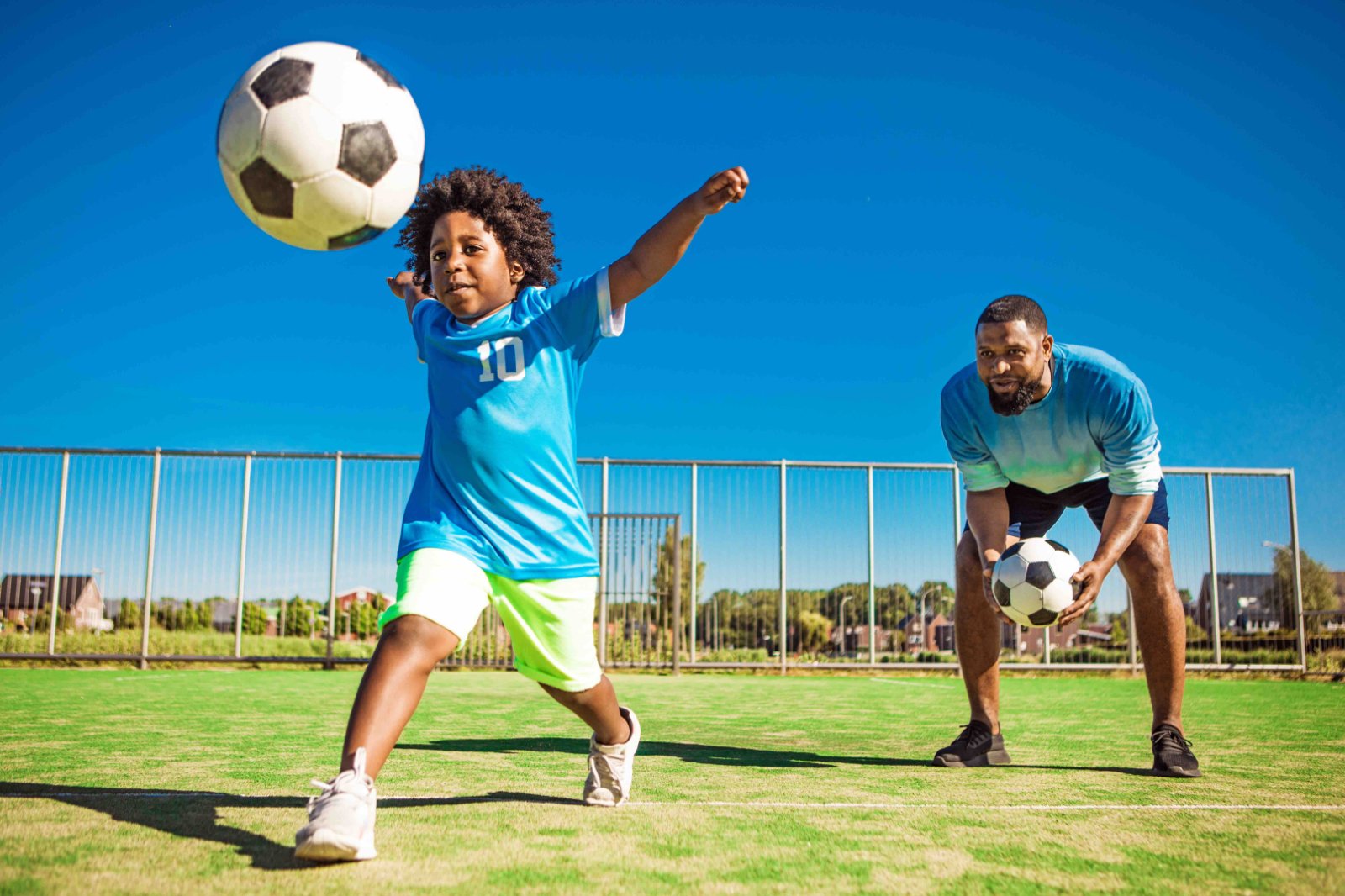

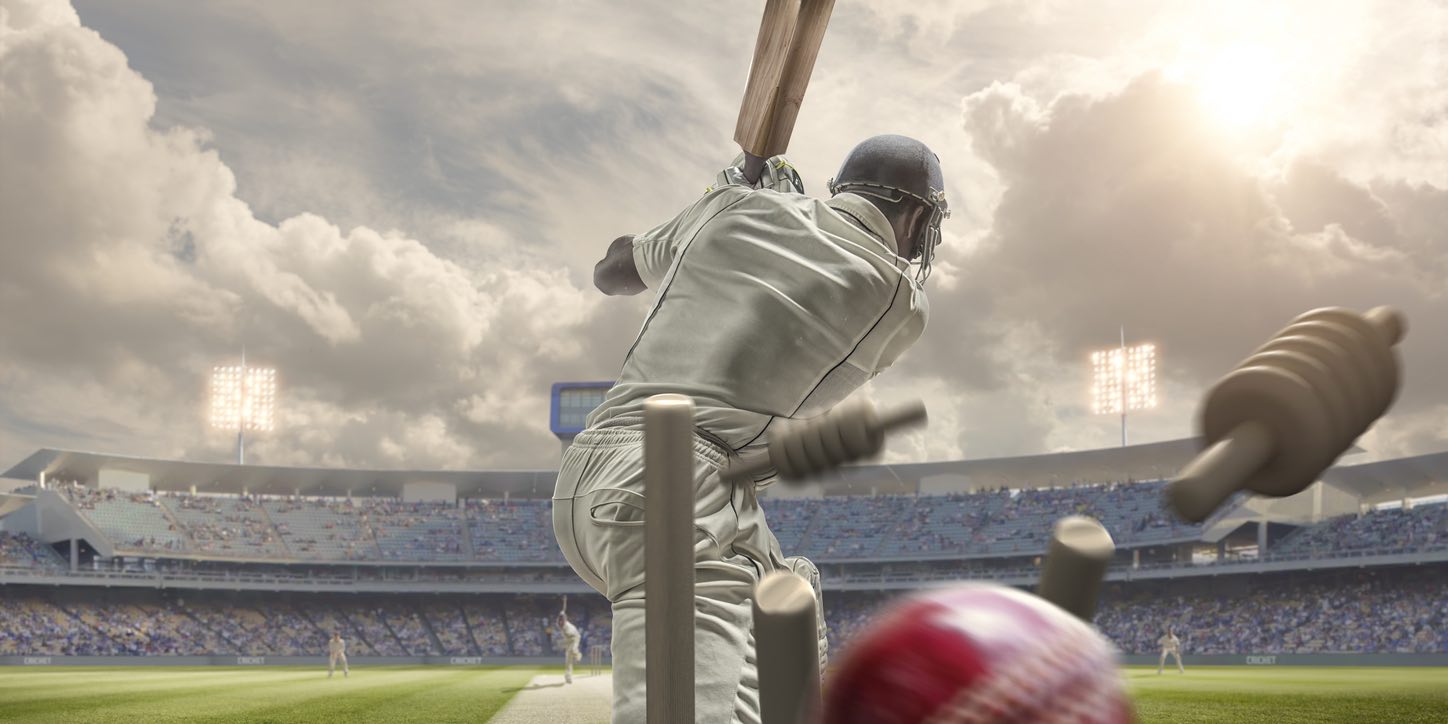

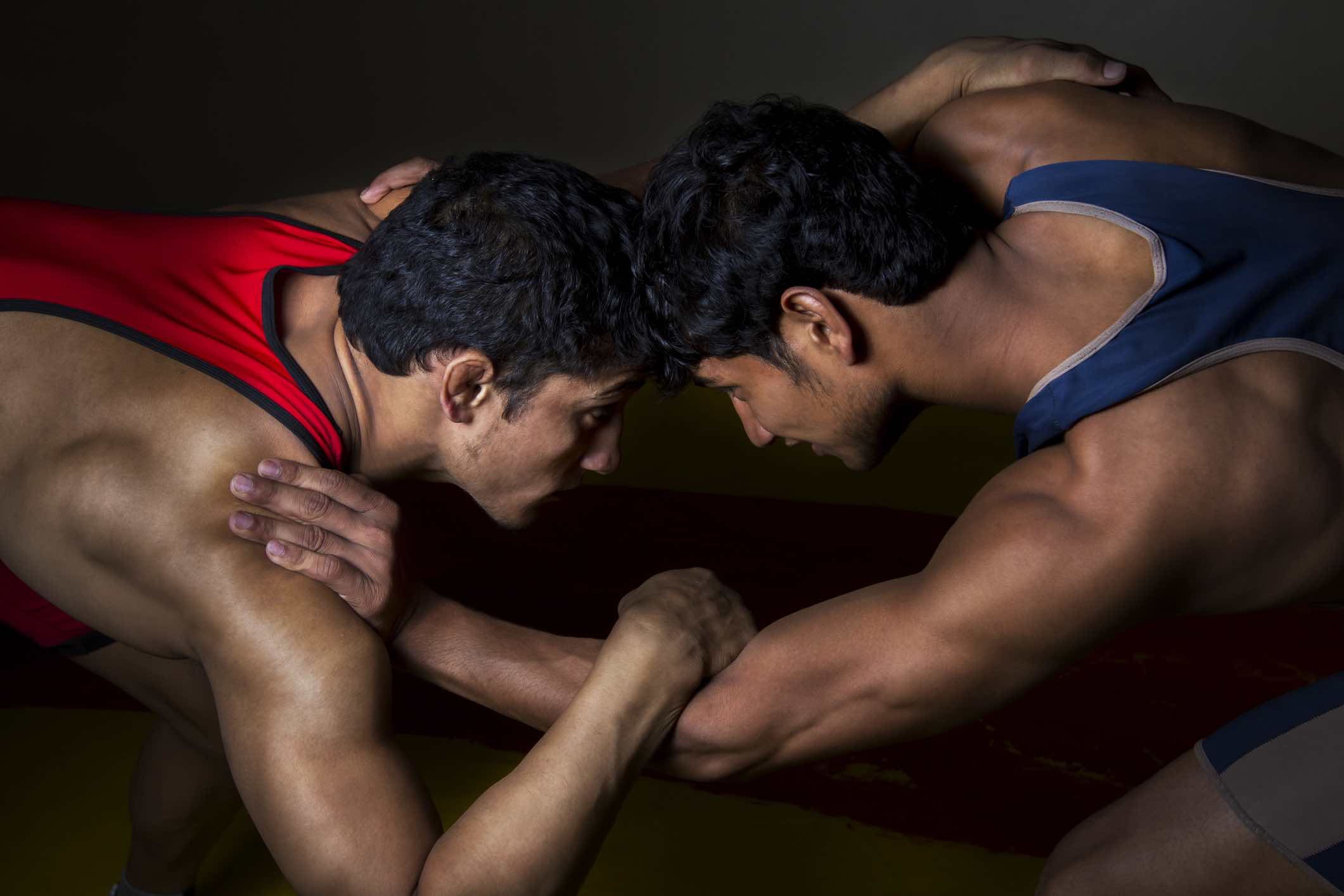
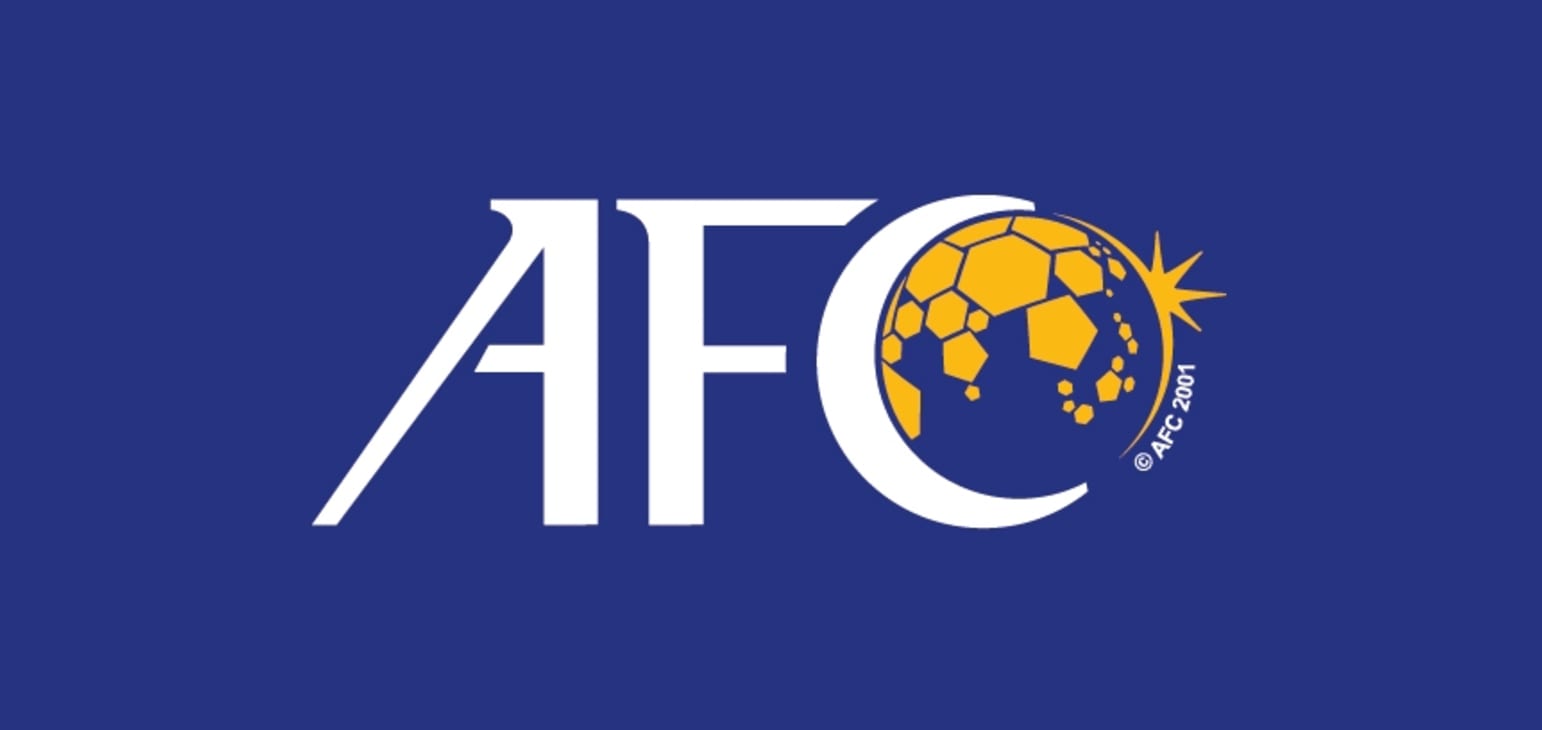



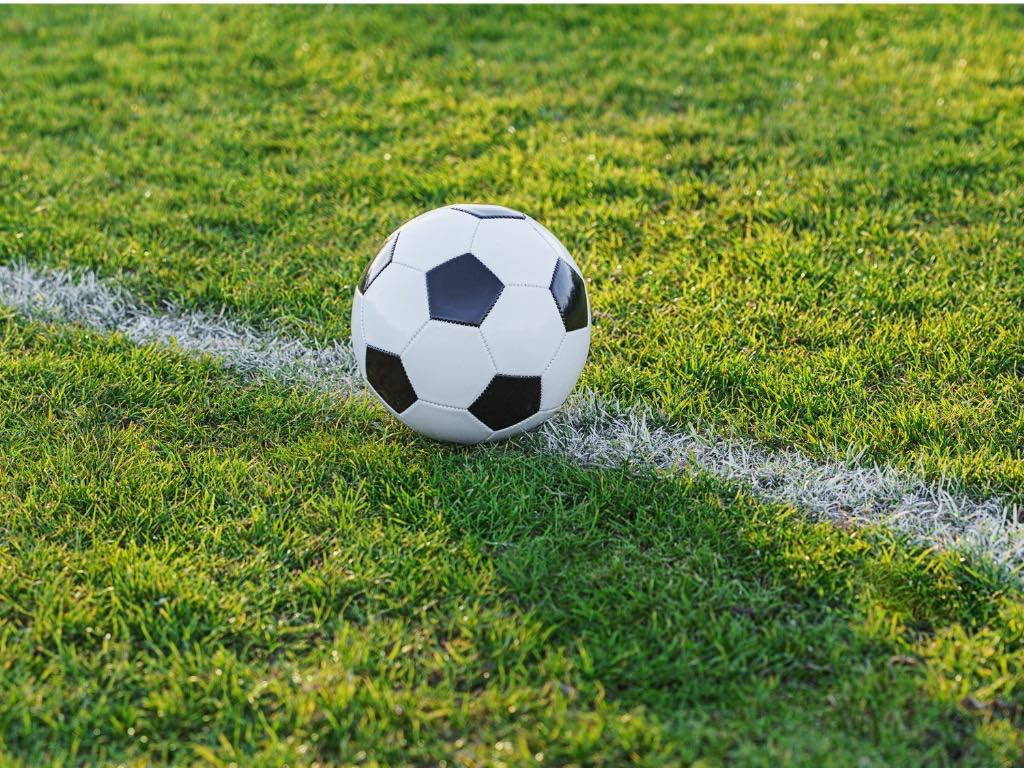
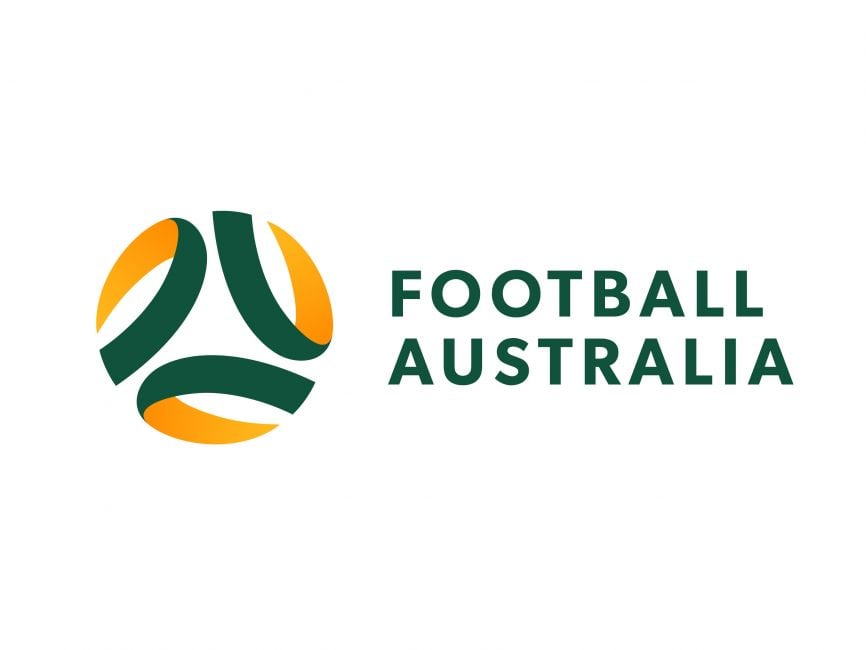

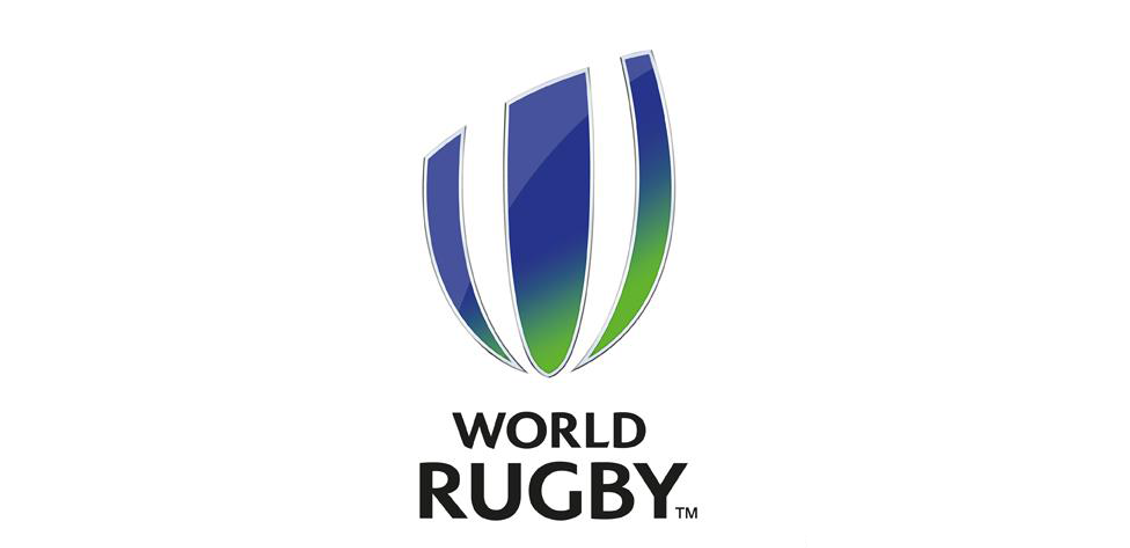

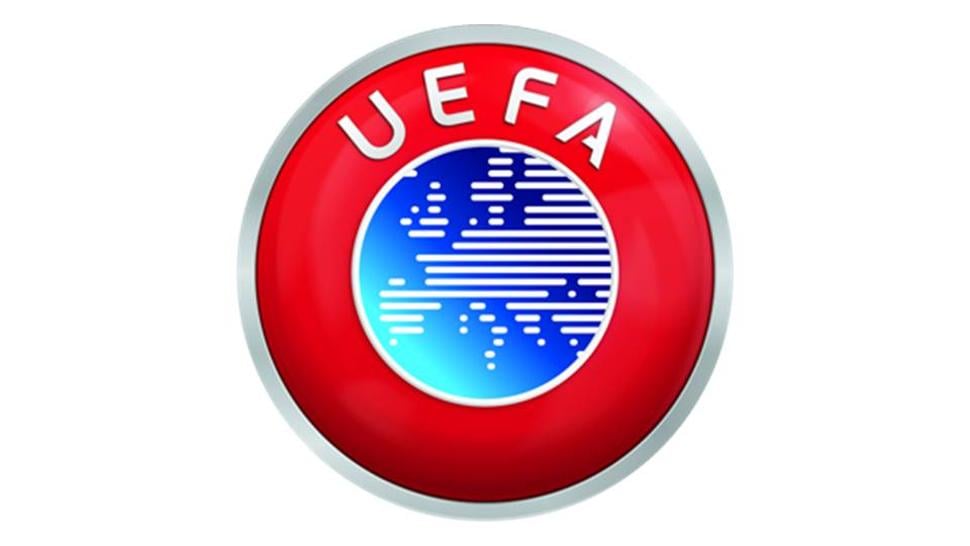
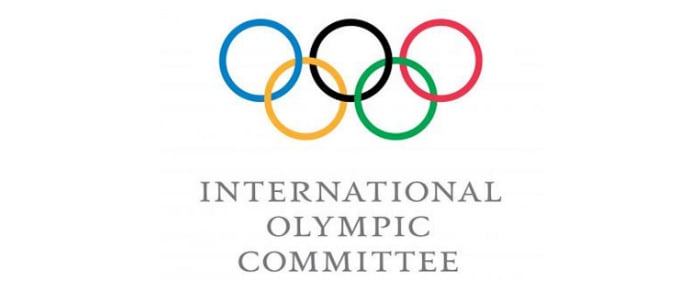







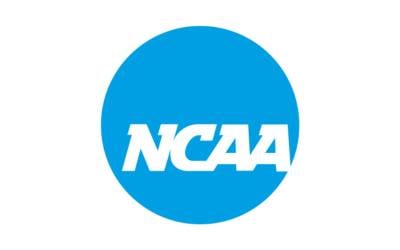

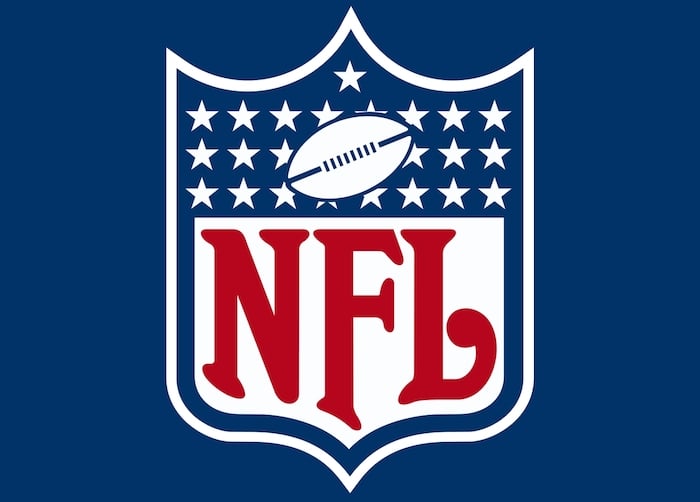
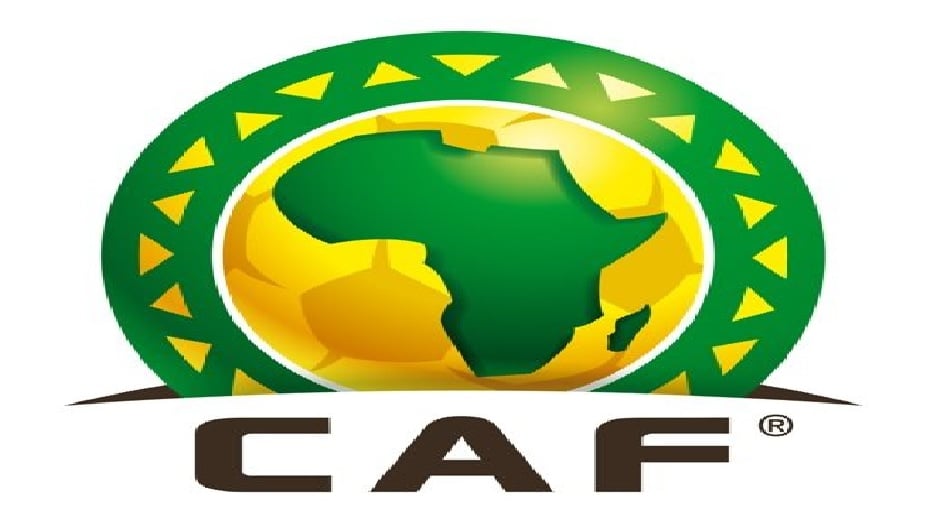

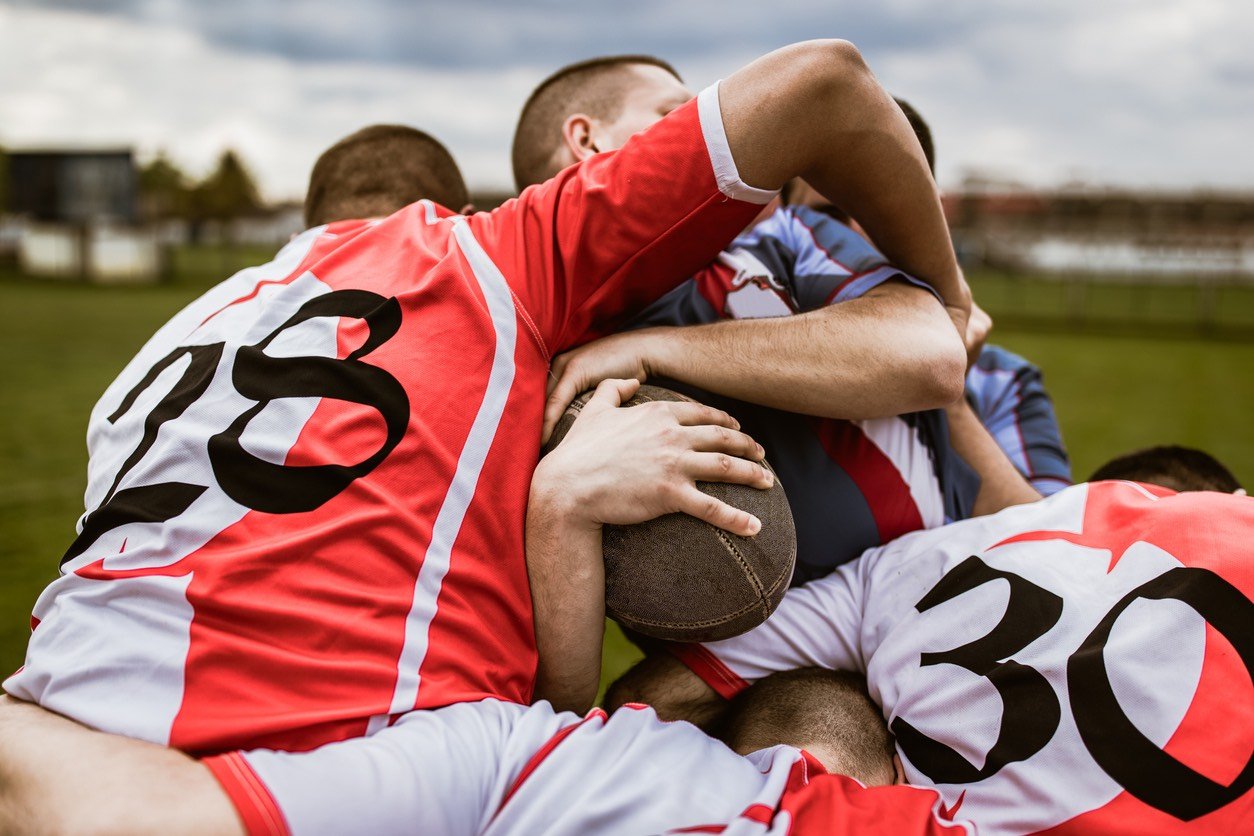
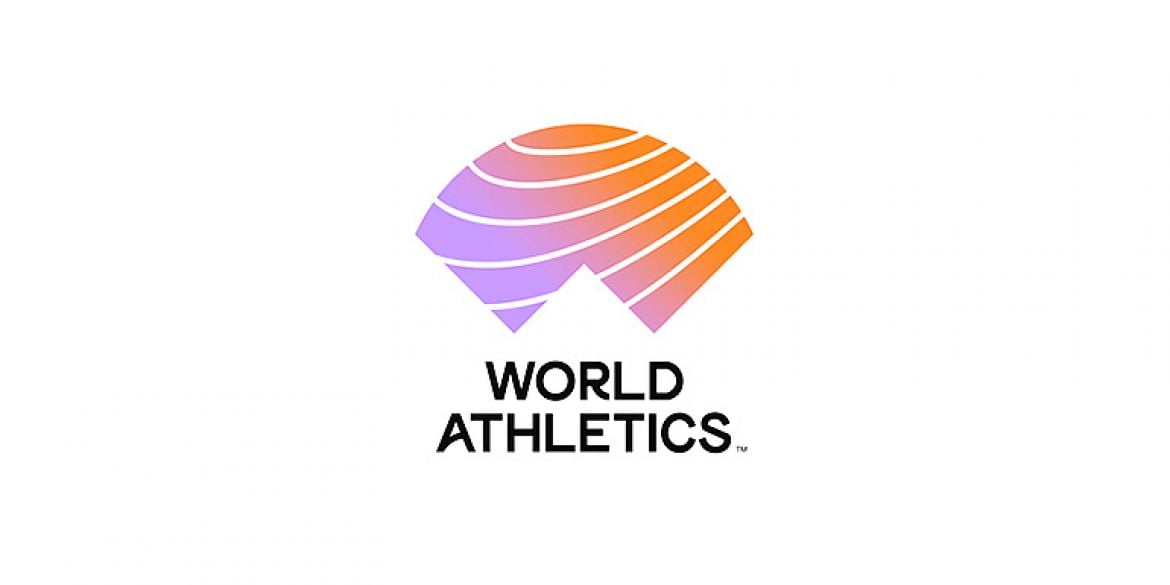

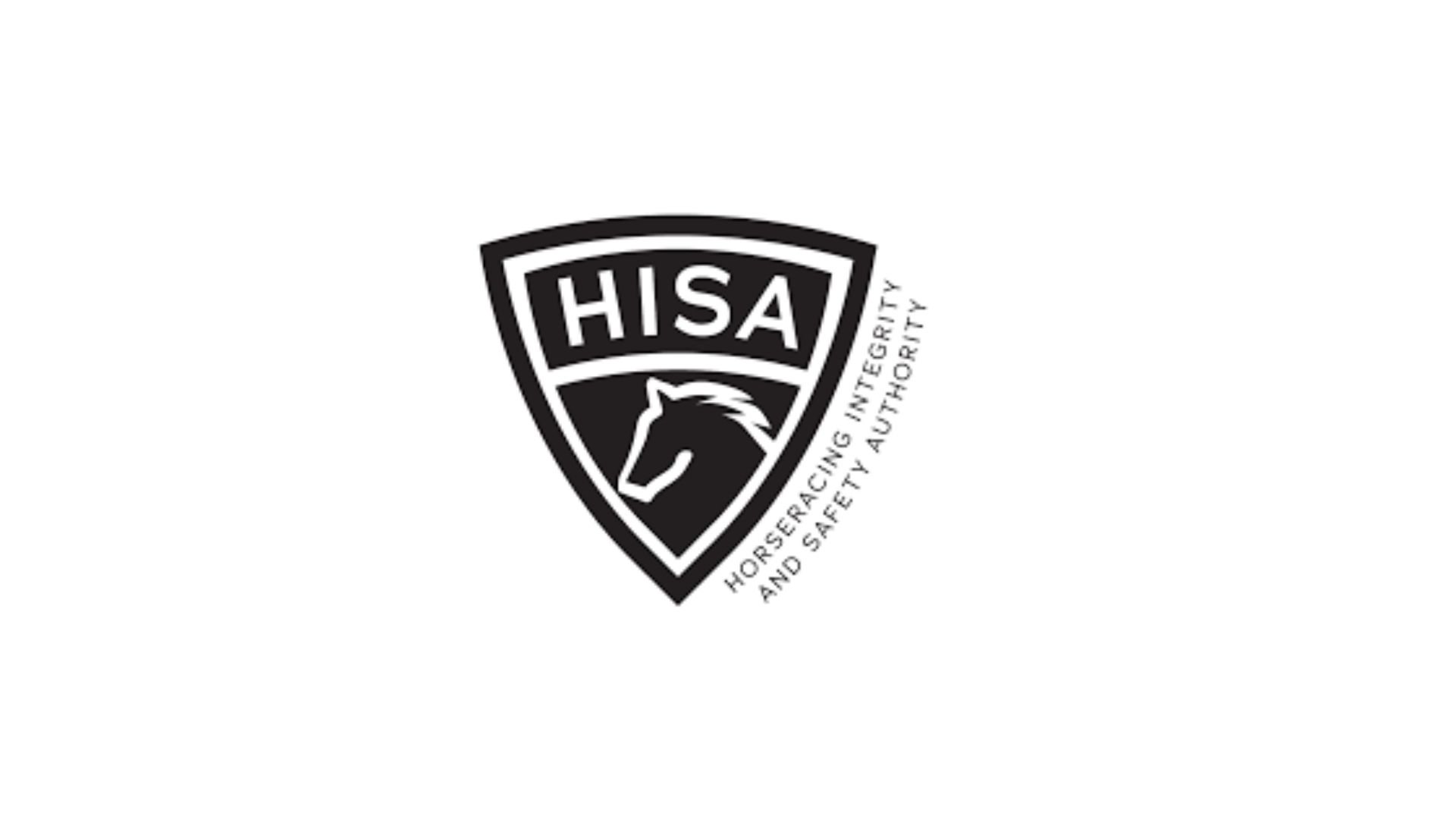
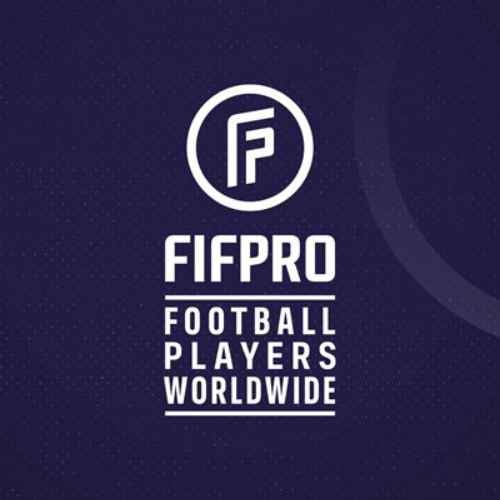
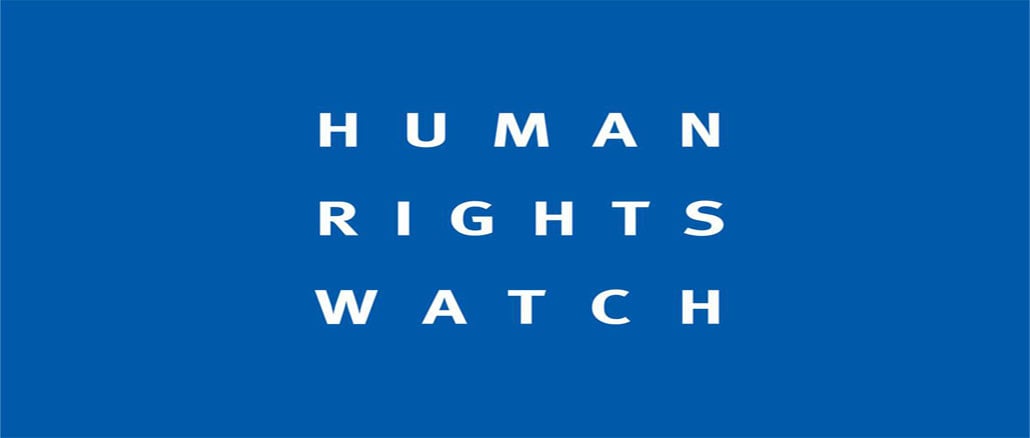
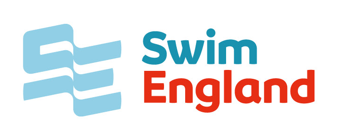
 Global Summit 2024
Global Summit 2024